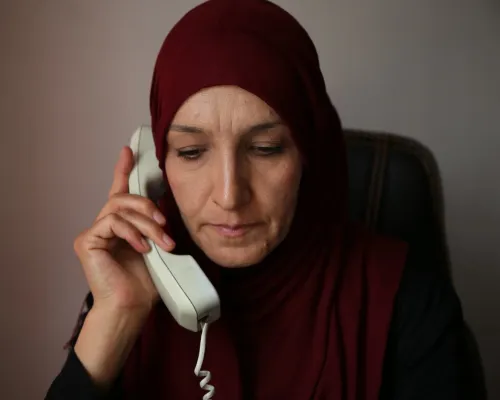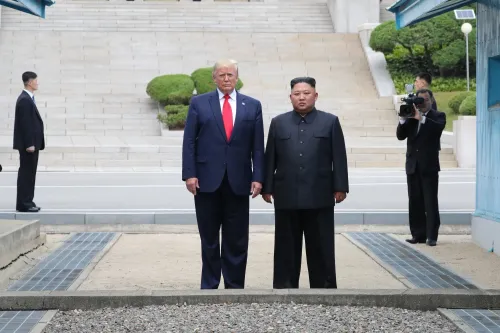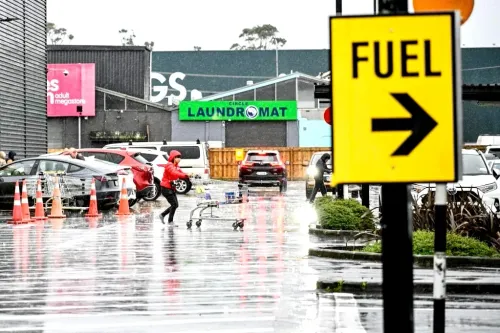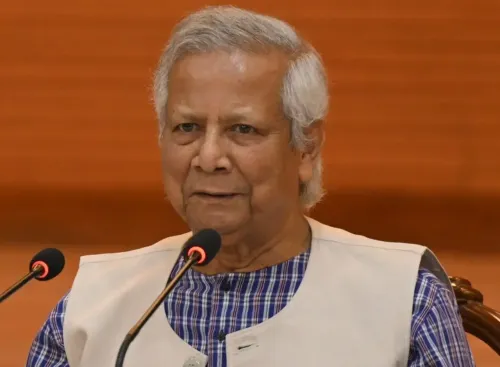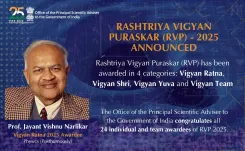Did the Supriya Sule-led delegation successfully conclude their visit to Qatar?
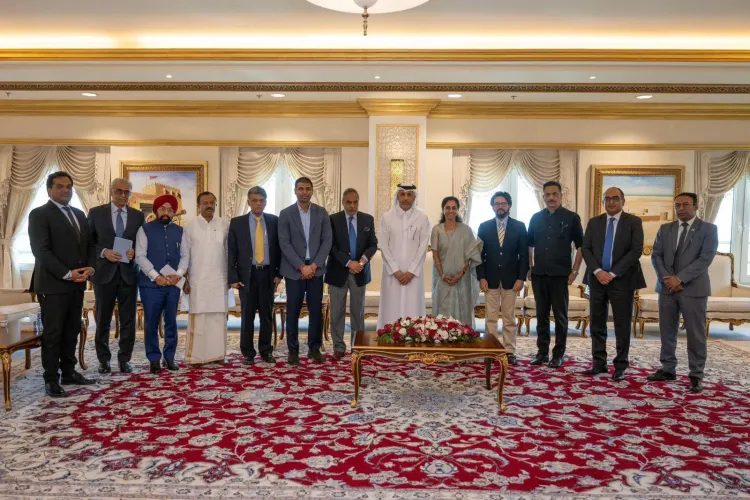
Synopsis
Key Takeaways
- Supriya Sule leads a multi-party Indian delegation to Qatar.
- The visit emphasizes India's zero-tolerance policy towards terrorism.
- Discussions included high-level meetings with Qatari officials.
- Community support for India's anti-terrorism efforts was evident.
- Next stop for the delegation is South Africa.
Doha, May 27 (NationPress) A diverse Indian parliamentary delegation, spearheaded by Lok Sabha MP Supriya Sule, wrapped up its visit to Qatar, marking the end of the first segment of a four-nation outreach initiative aimed at showcasing India’s unified stance against terrorism.
As per a press statement from the Indian Embassy in Doha, “Qatar was the inaugural stop of this four-nation journey organized in response to the April 22 Pahalgam terrorist incident, part of Operation Sindoor, and subsequent developments.”
During their two-day stay, the Indian delegation engaged in high-level discussions with prominent Qatari officials, including Mohamed bin Abdulaziz bin Saleh Al Khulaifi, Minister of State for Foreign Affairs; Sheikh Abdulaziz bin Faisal bin Mohammed Al Thani, Minister of State for Interior Affairs; and Hamda bint Hassan Al Sulaiti, Deputy Speaker of the Shura Council.
The group also took part in a roundtable with scholars and policy analysts at the Middle East Council for Global Affairs and met with editorial teams from major publications such as Al Sharq and Peninsula.
A special gathering was hosted on May 26, where the Indian expatriate community expressed their support for India’s anti-terrorism initiatives.
The Indian representatives underscored New Delhi’s “zero-tolerance policy” towards cross-border terrorism and clarified that “Operation Sindoor was carefully calibrated, targeted, and proportionate,” showcasing India’s dedication to combating terrorism without heightening tensions.
The delegation urged for a cessation of the differentiation between terrorists and their supporters and emphasized the critical need to dismantle cross-border terror networks.
The Qatari leadership reiterated its own zero-tolerance approach to terrorism and condemned the Pahalgam attack. The Indian delegation expressed gratitude to Qatar for its prompt condemnation and diplomatic backing.
The press release highlighted that “Qatar MOFA had issued a statement on April 23 strongly condemning the Pahalgam attack,” and noted that bilateral discussions took place between Qatar’s Amir HH Sheikh Tamim Bin Hamad Al-Thani and Prime Minister Narendra Modi on May 6, followed by talks between the foreign ministers of Qatar and India on May 7.
The delegation commended the Indian community in Qatar for embodying the principles of “tolerance, pluralism, and unity” while resisting divisive narratives.
Members of the delegation included Supriya Sule (MP), Rajiv Pratap Rudy (MP), Manish Tewari (MP), Anurag Thakur (MP), Vikramjit Singh Sahney (MP), Lavu Sri Krishna Devarayalu (MP), former ministers Anand Sharma and V. Muraleedharan, and Ambassador Syed Akbaruddin.
The delegation is now en route to South Africa for the next phase of its diplomatic mission.

